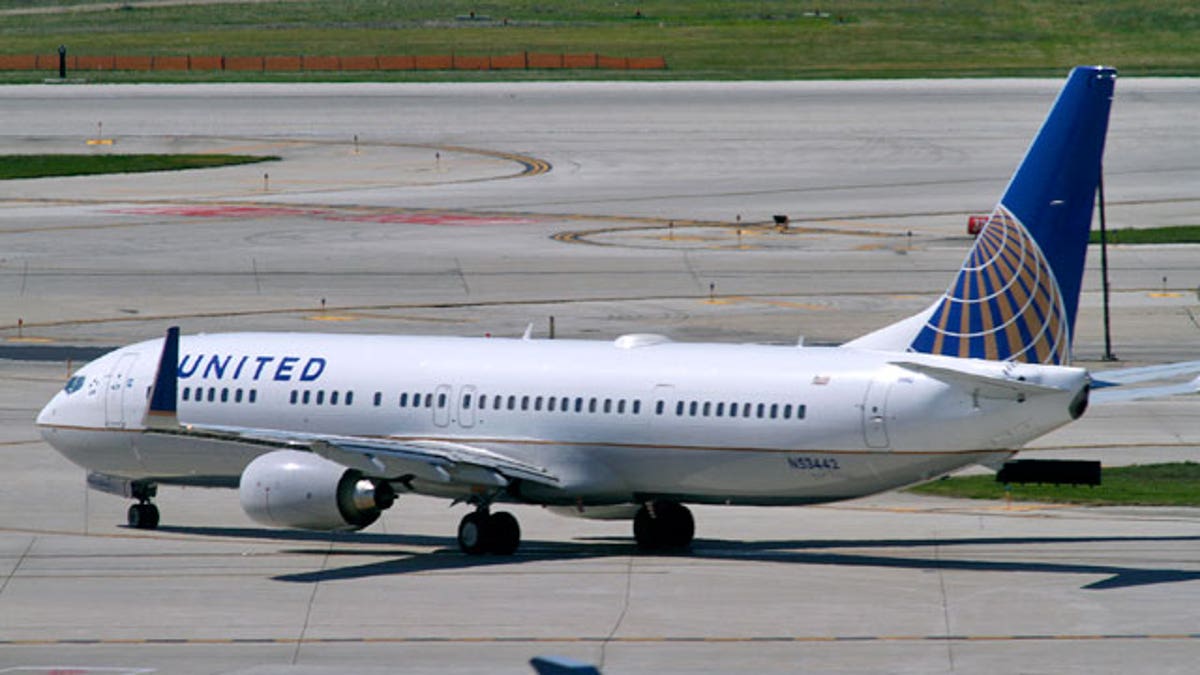
(Reuters)
United Continental Holdings, (NYSE:UAL) the parent of United Airlines, is taking another run at expanding its Japan service, irritating Delta that has suspended flights at Tokyo's nearest airport due to last month's massive earthquake.
The effort by United, which continues its post-merger integration with Continental Airlines, is an indicator of the sector's confidence in the potential for Japanese travel to rebound from the March 11 quake, tsunami and nuclear crisis.
United asked the U.S. Transportation Department last week to be considered for access rights to Tokyo's Haneda airport in the event Delta Air Lines (NYSE:DAL) does not resume flights.
Delta responded that it was not abandoning Haneda, that its current flight suspension met U.S. rules, and that United's petition omitted key facts.
More than 7 million passengers flew between the United States and its territories and Japan last year on all airlines, U.S. government figures showed.
"I think if you look at the Kobe earthquake (in 1995), you will find the market recovered after two months, so most of the airlines are hopeful of a similar result," said Helane Becker, an analyst with Dahlman Rose & Co.
Becker noted an uptick in aircraft passenger loads from a dramatic drop in the days after the quake, and said business in the second half of the year is expected to pick up strongly.
"People (airlines) who aren't in it want to be, and people who are in it want to protect market share. That's what you're looking at," she said.
United, Continental, Delta, and American Airlines, a unit of AMR Corp (NYSE:AMR), all fly to Japan's Narita airport, which is 40 miles from central Tokyo. Haneda, which is downtown, has been expanding and attracting U.S. carriers that want to offer business and other travellers more convenience.
Delta and American were awarded limited Haneda service by U.S. transportation planners, as permitted by a treaty signed last year that relaxed limits to U.S.-Japan travel.
Delta began flights from Los Angeles and Detroit in February and halted them after the March 11 quake.
It plans to restart service in June, in time for peak travel, but United, which like Delta and American has also cut back post-quake service, is positioning itself for quick entry to Haneda in case Delta or American pull out entirely.
"If any of the incumbents abandons Haneda service, there will be inevitably be a significant delay in selecting a replacement. This will lead directly to loss of much needed Haneda service," United said in a regulatory filing.
United was shut out in its initial bid for Haneda slots and a follow up attempt at default status in case a rival cancelled plans was also denied.
Delta said United's latest bid was unwarranted and omitted key facts for Delta's decision on Japan, where it said commercial conditions are highly unusual right now.
"Japan has suffered a tragedy of almost unimaginable proportions," Delta said of its rationale for pulling back flights. "United does not mention the Japanese tsunami or its impact on U.S.-Tokyo air service."
